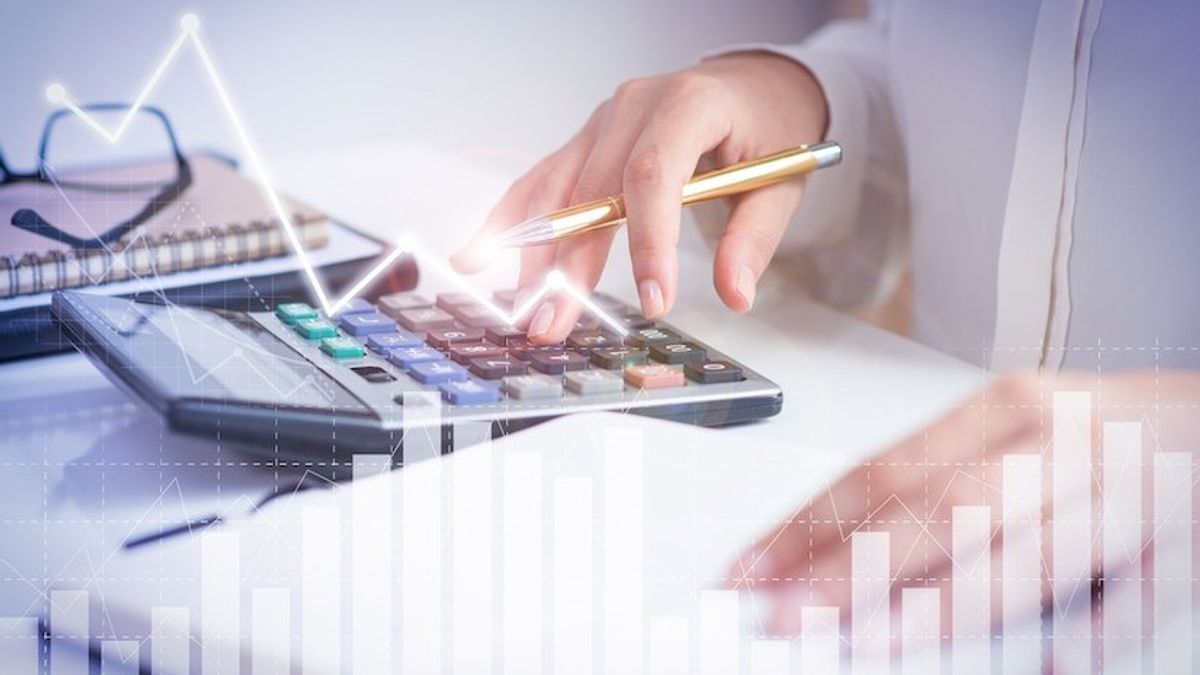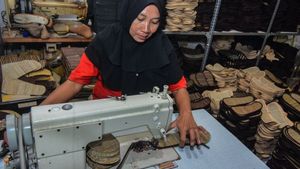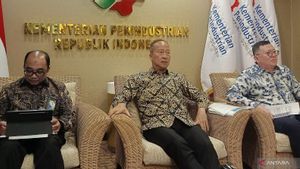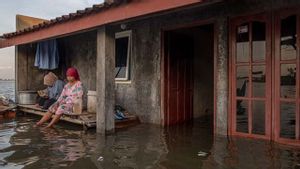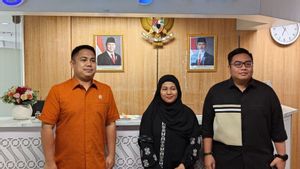YOGYAKARTA - Starting January 1, 2025, the government has officially raised the Value Added Tax (VAT) rate to 12%. So, what are the list of goods affected by 12 percent? Let's see the complete list in this article.
This policy directly has an impact on the prices of the various goods we need. To help you understand more, this article will detail the complete list of goods and services currently subject to 12% VAT.
Reporting from Antanews, Value Added Tax (VAT) is a tax imposed on various types of transactions, both sales of goods and services.
In order for a transaction to be subject to VAT, it must meet several requirements, such as being carried out by entrepreneurs, occurring within the territory of Indonesia, and in the context of business activities.
Examples of goods and services imposed by VAT are very diverse, ranging from physical goods such as food and electronics, to services such as consultation and digital services.
Meanwhile, VAT itself is imposed on various types of goods and services that we consume daily. In general, the goods imposed by VAT can be divided into two main categories, namely:
Material goods are items that have a physical form, can be seen, and felt. Examples of tangible items subject to VAT include:
Also read the article that discusses: Examining Domino Securities Calls For Frugal Living As A Protest For The Increase In VAT
In addition to physical goods, VAT is also imposed on goods that do not have a physical form, but have economic value. Some examples of intangible goods subject to VAT are:
Although most goods and services are subject to VAT, there are several types of goods and services that are exempt from the imposition of VAT. This is usually done for basic necessities or to encourage the growth of certain sectors.
Pieter C. Zulkifli, a legal and economic expert, sees the increase in VAT to 12% as a strategic step for the government to boost state revenues.
In Pieter's view, this policy is in line with President Prabowo Subianto's ambition to achieve 8% economic growth.
However, Pieter also reminded that efforts to eliminate extreme poverty require innovative policies and side with the people.
Meanwhile, Fajry Akbar from CITA emphasized the importance of the government to allocate additional revenues from the 12% increase in VAT in order to improve the welfare of the community, especially the lower middle class.
SEE ALSO:
Public facilities and social security are priorities that need to be considered so that the benefits of increasing taxes are felt directly by the community.
In addition to the list of items affected by 12 percent, follow other interesting articles too. Want to know other interesting information? Don't miss it, keep an eye on the updated news from VOI and follow all the social media accounts!
The English, Chinese, Japanese, Arabic, and French versions are automatically generated by the AI. So there may still be inaccuracies in translating, please always see Indonesian as our main language. (system supported by DigitalSiber.id)
